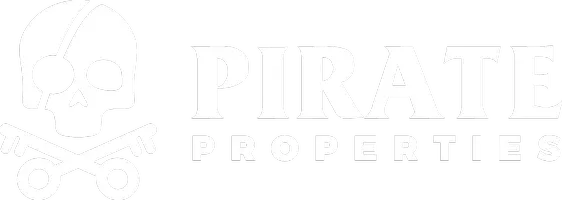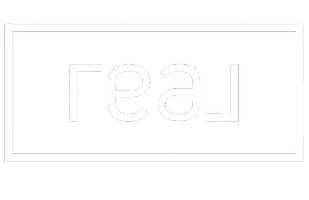Moving to Charleston, SC: A Comprehensive Relocation Guide
Are you Moving to Charleston, SC?
Charleston, South Carolina, is a charming and historic city that has become increasingly popular as a relocation destination in recent years. With its mild climate, beautiful beaches, and vibrant culture, it's no wonder that more and more people are considering moving to Charleston.
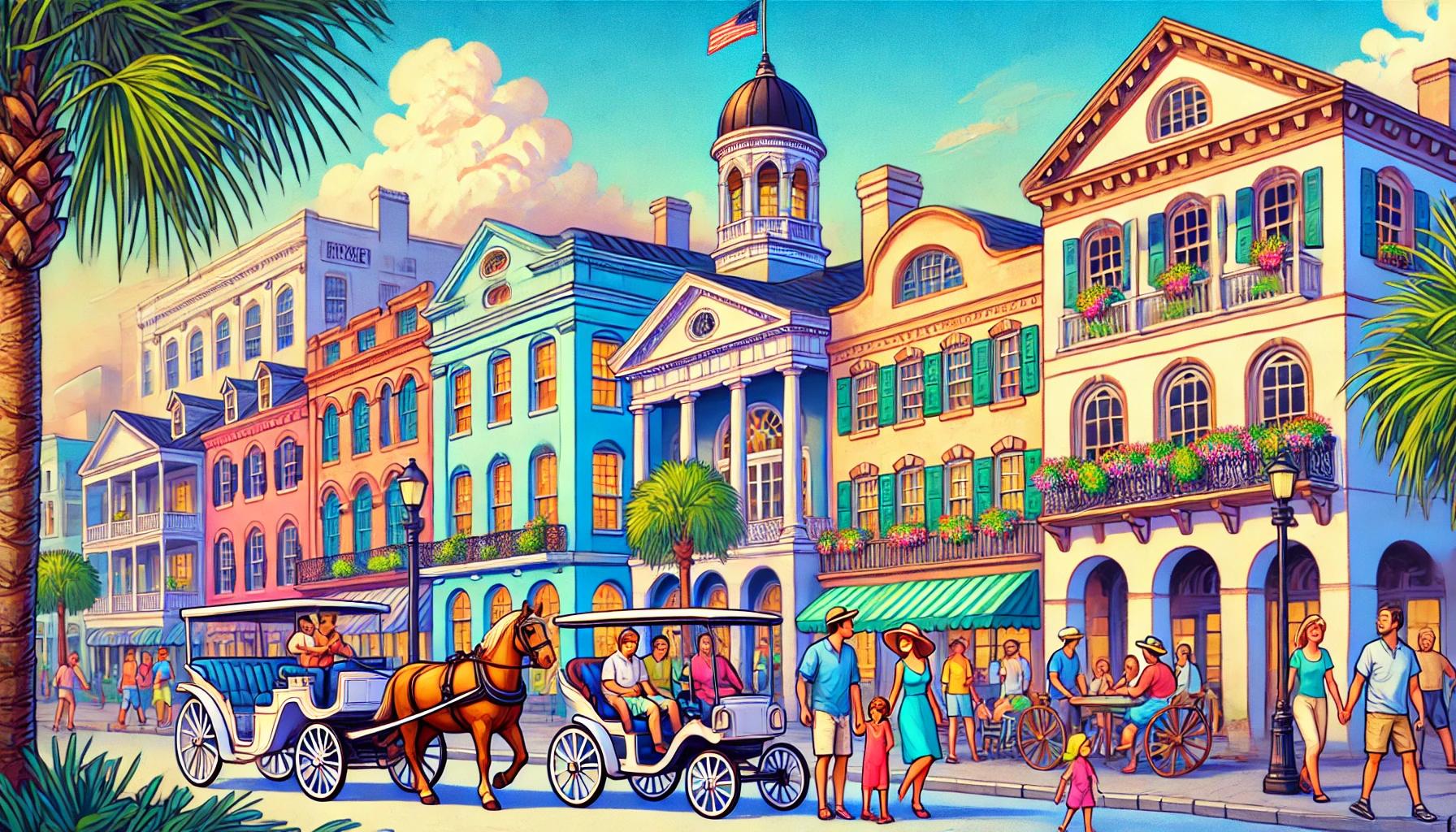
However, relocating to a new city can be a daunting task, especially if you're not familiar with the area. That's why this article will serve as a relocation guide for those who are considering moving to Charleston, SC.
In this guide, you'll find information on the cost of living in Charleston, the best neighborhoods to live in, and tips for finding a job and making new friends. You'll also learn about the city's rich history and cultural attractions, including its famous architecture, museums, and festivals.

Whether you're a young professional looking to start a new career, a family seeking a better quality of life, or a retiree in search of a peaceful and relaxing environment, Charleston has something to offer everyone. So, if you're thinking about moving to Charleston, read on to learn more about what this beautiful city has to offer.
Understanding Charleston, SC
Geography and Climate
Charleston, SC is located in the southeastern part of the United States. It is situated on the coast of the Atlantic Ocean and is surrounded by water on three sides. The city is located in Charleston County, which is part of the Lowcountry region of South Carolina. The area is known for its marshy terrain and is home to numerous rivers and creeks.
Charleston has a humid subtropical climate with hot summers and mild winters. The city receives an average of 52 inches of rain per year, with the majority falling during the summer months. The average temperature in Charleston ranges from 60°F in the winter to 90°F in the summer.
History and Culture
Charleston has a rich history dating back to the 17th century. The city was founded in 1670 and played a significant role in the American Revolution and Civil War. Today, Charleston is known for its historic architecture, which includes numerous examples of 18th and 19th-century homes and buildings.
The city is also known for its vibrant arts and culture scene. Charleston hosts numerous festivals throughout the year, including the Spoleto Festival USA and the Charleston Wine + Food Festival. The city is also home to numerous museums and galleries, including the Gibbes Museum of Art and the Charleston Museum.
In addition to its historic and cultural attractions, Charleston is also known for its cuisine. The city is home to numerous award-winning restaurants, many of which specialize in traditional Lowcountry cuisine. Some of the most popular dishes in Charleston include shrimp and grits, she-crab soup, and fried green tomatoes.
Overall, Charleston is a unique and vibrant city with a rich history and culture. Its coastal location, warm climate, and numerous attractions make it an attractive destination for those looking to relocate to the area.
Preparing for Your Move

Moving to a new city can be an exciting but daunting experience. To make the process as smooth as possible, it is important to prepare well in advance. Here are some key things to consider when preparing for your move to Charleston, SC.
Moving Timeline
Creating a moving timeline is a crucial step in preparing for your move. This will help you stay organized and ensure that you have enough time to complete all the necessary tasks. A typical moving timeline should include the following:
- Two months before the move: Research moving companies, obtain quotes, and book a moving date.
- Six weeks before the move: Start decluttering and selling or donating unwanted items.
- Four weeks before the move: Begin packing non-essential items.
- Two weeks before the move: Confirm the moving date with the moving company and start packing essential items.
- One week before the move: Pack a personal bag with essentials such as toiletries, clothes, and important documents.
- Moving day: Ensure that all items are packed and ready to go, and that you have a plan for unpacking at your new home.
Budgeting for Your Move
Moving can be expensive, so it is important to budget accordingly. When creating a budget, consider the following expenses:
- Moving company fees: This includes the cost of hiring a moving company to transport your belongings to your new home.
- Packing supplies: This includes boxes, tape, bubble wrap, and other materials needed for packing.
- Transportation: This includes the cost of gas, tolls, and other expenses associated with driving to your new home.
- Temporary housing: If you need to stay in temporary housing before moving into your new home, factor in the cost of rent, utilities, and other expenses.
- Miscellaneous expenses: This includes things like cleaning supplies, food, and other incidentals.
Choosing the Right Neighborhood
Choosing the right neighborhood is crucial when moving to a new city. Charleston offers a variety of neighborhoods to choose from, each with its own unique character and amenities. When choosing a neighborhood, consider the following factors:
- Proximity to work: Consider the commute time to your place of work and whether the neighborhood offers convenient transportation options.
- Safety: Research crime rates and talk to locals to get a sense of the safety of the neighborhood.
- Cost of living: Consider the cost of housing, utilities, and other expenses in the neighborhood.
- Amenities: Look for neighborhoods with amenities such as parks, restaurants, and shopping centers that fit your lifestyle.
By following these tips, you can prepare for your move to Charleston with confidence and ease.
Housing in Charleston, SC
Renting vs. Buying
When moving to Charleston, SC, one of the first decisions to make is whether to rent or buy a home. The choice between renting and buying depends on several factors, including personal preferences, financial situation, and long-term plans.
Renting a home in Charleston can be a good option for those who are not ready to commit to a long-term investment, want to avoid the responsibilities of homeownership, or are new to the area. The average rent in Charleston is around $1,500 per month, but this can vary depending on the location, size, and amenities of the property. Renters can also enjoy the flexibility of moving to a new neighborhood or upgrading to a larger home without the hassle of selling a property.
On the other hand, buying a home in Charleston can be a wise investment for those who plan to stay in the area for a long time, want to build equity, or have a stable financial situation. The real estate market in Charleston has been steadily growing in recent years, with a median home value of $381,000 as of 2021, according to moveBuddha. However, it is important to consider additional costs such as property taxes, insurance, maintenance, and repairs when making the decision to buy a home.
Real Estate Market Overview
The real estate market in Charleston, SC, is competitive and dynamic, with a mix of historic and modern homes, condos, and apartments available for sale or rent. According to Charleston Guru, some of the most popular neighborhoods in Charleston include Downtown, Mount Pleasant, West Ashley, and James Island. Each neighborhood has its unique charm, amenities, and price range, so it is important to do thorough research and visit different areas before making a decision.
As of 2021, the real estate market in Charleston is considered a seller's market, with high demand and low inventory. This means that buyers may face bidding wars, higher prices, and fewer options, while sellers may benefit from faster sales and higher profits. However, the market can fluctuate depending on various factors such as the economy, interest rates, and natural disasters, so it is important to consult with a local real estate agent and stay informed about the latest trends.
Employment Opportunities
Job Market Overview
Charleston, SC has a thriving job market with a low unemployment rate of 2.7% as of May 2024, which is lower than the national average of 4.4%. The city has a diverse economy, with a mix of industries ranging from healthcare and education to manufacturing and transportation.
According to Charleston Regional Development Alliance, the top employers in the region include Boeing, Medical University of South Carolina, and Joint Base Charleston. Other major employers include the Charleston County School District, Roper St. Francis Healthcare, and Blackbaud.
Top Industries
Charleston's economy is driven by several key industries. The healthcare and education sectors are particularly strong, with the Medical University of South Carolina and the College of Charleston being major employers in the area. The manufacturing industry is also a significant contributor to the economy, with Boeing being one of the largest manufacturers in the region.
Other industries that are growing in Charleston include technology, tourism, and transportation. The city is home to several tech startups and has a growing reputation as a tech hub. The tourism industry is also booming, with millions of visitors coming to the city each year to enjoy its historic landmarks, beautiful beaches, and vibrant culture.

In conclusion, Charleston, SC offers a diverse range of employment opportunities across various industries. With a low unemployment rate and a thriving economy, the city is an attractive destination for job seekers looking for a new start.
Education and Schools
Primary and Secondary Education
Charleston has a variety of public and private schools for primary and secondary education. The Charleston County School District serves over 50,000 students and consistently ranks in the top 20% in South Carolina. The district offers a variety of educational programs, including magnet schools, International Baccalaureate programs, and Montessori programs.
One of the best public schools in Charleston is Downtown Charleston's Buist Academy, which has a lower acceptance rate than Yale, Harvard, and MIT. The school offers a rigorous academic program and a diverse student body.
Charleston also has several private schools, including Porter-Gaud School, which is a co-educational, independent, college-preparatory school. The school offers a variety of programs, including Advanced Placement courses, arts programs, and athletics.
Higher Education Institutions
Charleston is home to several higher education institutions, including the College of Charleston, which is a public liberal arts and sciences university. The College of Charleston offers undergraduate and graduate programs in a variety of fields, including business, education, and the arts.
The Medical University of South Carolina (MUSC) is another higher education institution in Charleston. MUSC is a public medical university that offers undergraduate and graduate programs in healthcare-related fields, including medicine, nursing, and pharmacy.
The Citadel, The Military College of South Carolina, is a public military college that offers undergraduate programs in a variety of fields, including business, engineering, and the humanities. The Citadel is known for its rigorous academic program and military training.
Charleston also has several other colleges and universities, including Trident Technical College, which offers associate degree programs in a variety of fields, and Charleston Southern University, which is a private Christian university that offers undergraduate and graduate programs in a variety of fields.
Transportation and Commuting
Public Transportation
Charleston offers several public transportation options, including buses and shuttles. The Charleston Area Regional Transportation Authority (CARTA) operates a bus system that serves the city and surrounding areas. The buses run on a regular schedule and are an affordable option for commuting to work or getting around the city. CARTA also operates a free shuttle service, the DASH, that runs through the downtown area and is a convenient way to get to popular tourist destinations.
Driving and Parking
Driving is the most common mode of transportation in Charleston, and the city has a well-developed road network. However, traffic can be heavy during peak hours, so it is important to plan your commute accordingly. Parking can also be a challenge in some areas, especially in the downtown area. There are several parking garages and lots available, but they can be expensive. Some neighborhoods offer street parking, but it can be limited and may require a permit.
It is important to note that Charleston has a high rate of bicycle commuting, and many streets have designated bike lanes. Biking can be a convenient and environmentally friendly way to get around the city, but it is important to follow traffic laws and wear appropriate safety gear.
Lifestyle and Recreation
Dining and Entertainment
Charleston is known for its thriving food and beverage scene, with a wide range of options available for every taste and budget. The city offers everything from upscale fine dining to casual seafood shacks. The historic downtown area is particularly renowned for its restaurants, which offer a mix of traditional Lowcountry cuisine and modern fusion dishes. Visitors and residents alike can enjoy a variety of dining experiences, including rooftop bars, waterfront restaurants, and outdoor patios.
In addition to its restaurants, Charleston also offers a vibrant nightlife scene. The city is home to numerous bars, clubs, and music venues, catering to a diverse range of tastes. Whether you're looking for a quiet drink or a lively dance floor, you're sure to find something that suits you in Charleston.
Parks and Outdoor Activities
Charleston is a great place for outdoor enthusiasts, with a variety of parks and recreational areas to explore. The city is surrounded by water, making it an ideal location for activities such as kayaking, paddleboarding, and fishing. There are also numerous beaches within driving distance of the city center, including Folly Beach, Isle of Palms, and Sullivan's Island.
For those who prefer to stay on land, Charleston offers a number of parks and nature reserves. The city's most famous park is undoubtedly Battery Park, which offers stunning views of Charleston Harbor and Fort Sumter. Other popular parks include Waterfront Park, which features a large fountain and a pier, and Marion Square, which hosts a farmers' market and various cultural events throughout the year.
Overall, Charleston is a great place to live for those who enjoy a balance of city living and outdoor recreation. With its thriving food and entertainment scene and its abundance of parks and outdoor activities, the city offers something for everyone.
Healthcare Facilities
Charleston has a thriving healthcare industry with over 50 research and development labs and 30 medical device and pharmaceutical manufacturers. The city offers a variety of healthcare facilities, including hospitals, clinics, and urgent care centers, making it easy to find medical care for both routine and emergency needs.
One of the top healthcare facilities in Charleston is the Medical University of South Carolina (MUSC), which is a nationally recognized academic medical center. MUSC offers a wide range of medical services, including cancer care, heart and vascular care, and neurology. The facility is known for its advanced research and innovative treatments.
Roper St. Francis Healthcare is another reputable healthcare provider in Charleston. It has several hospitals and clinics throughout the city, offering a range of services, including primary care, surgery, and rehabilitation. Roper St. Francis Healthcare is known for its high-quality care and patient-centered approach.
Other notable healthcare facilities in Charleston include Trident Health System, which has three hospitals in the area, and East Cooper Medical Center, which offers a range of services, including maternity care, orthopedics, and emergency care.
Overall, Charleston offers a variety of healthcare options for residents, with top-notch facilities and experienced healthcare professionals. Whether you need routine medical care or specialized treatment, you can find it in Charleston.
Setting Up Utilities
One of the most important things to do when moving to a new home in Charleston is setting up utilities. This includes electricity, gas, water, and internet. It's essential to have these services up and running before moving in to ensure a smooth transition.
Electricity
Electricity is provided by Dominion Energy in the Charleston area. To set up service, customers can call Dominion Energy at 1-800-251-7234 or visit their website at dominionenergy.com. Dominion Energy offers several payment options, including online bill pay, automatic bank draft, and pay-by-phone.
Gas
Gas service is provided by South Carolina Electric & Gas (SCE&G) in the Charleston area. To set up service, customers can call SCE&G at 1-800-251-7234 or visit their website at sceg.com. SCE&G offers several payment options, including online bill pay, automatic bank draft, and pay-by-phone.
Water
Water service is provided by Charleston Water System in the Charleston area. To set up service, customers can call Charleston Water System at 843-727-6800 or visit their website at charlestonwater.com. Charleston Water System offers several payment options, including online bill pay, automatic bank draft, and pay-by-phone.
Internet
There are several internet service providers in the Charleston area, including AT&T, Comcast, and WOW!. To compare plans and prices, customers can visit websites such as broadbandnow.com or highspeedinternet.com. It's important to research and compare plans to find the best option for your needs and budget.
Overall, setting up utilities in Charleston is a straightforward process. By contacting the appropriate service providers and researching plans and prices, new residents can ensure a smooth transition into their new home.
Legal and Administrative Tasks
Moving to a new city involves a lot of legal and administrative tasks that need to be taken care of. Charleston, SC has a few specific requirements that new residents should be aware of.
Driver's License and Vehicle Registration
Upon moving to Charleston, new residents must obtain a South Carolina driver's license and register their vehicles within 45 days. The South Carolina Department of Motor Vehicles has several locations in the Charleston area, making it easy to complete this task.
Voter Registration
New residents should also register to vote in South Carolina. Voter registration can be done online or in person at the Charleston County Board of Elections and Voter Registration office.
Property Taxes
Charleston County assesses property taxes on all real estate within the county. New residents should be aware of the property tax rates and deadlines for payment. The Charleston County Auditor's Office provides information on property taxes and how to pay them.
Utilities
New residents should set up utilities such as electricity, water, and gas. The City of Charleston provides information on how to set up these services.
Other Tasks
Other administrative tasks that new residents may need to take care of include changing their address with the United States Postal Service, updating their car insurance policy, and registering children for school.
Overall, moving to Charleston, SC involves several legal and administrative tasks that must be taken care of. By being aware of these tasks and completing them in a timely manner, new residents can ensure a smooth transition to their new home.
Frequently Asked Questions
What are the best neighborhoods to live in Charleston, SC?
Charleston, SC has several neighborhoods that offer different lifestyles and amenities. Some of the popular neighborhoods include Downtown Charleston, Mount Pleasant, James Island, West Ashley, and Daniel Island. Downtown Charleston is known for its historic charm, while Mount Pleasant is popular for its family-friendly neighborhoods and proximity to the beach. James Island is a great option for those who enjoy outdoor activities, while West Ashley offers a mix of suburban and urban living. Daniel Island is a planned community that offers a variety of amenities such as parks, trails, and sports facilities.
What is the cost of living in Charleston, SC?
The cost of living in Charleston, SC is higher than the national average. According to Sanelo, the average price for rent in Charleston ranges between $1600-1800, depending on your desired location. The cost of groceries, utilities, and healthcare is also higher than the national average. However, the state of South Carolina has a lower tax rate compared to other states, which can help offset some of the higher costs.
What are the job opportunities like in Charleston, SC?
Charleston, SC has a diverse economy with job opportunities in various industries such as healthcare, technology, tourism, and manufacturing. Some of the largest employers in the area include the Medical University of South Carolina, Boeing, and the Joint Base Charleston. The city has also been attracting startups and entrepreneurs, which has led to the growth of the technology sector.
What should I know about the climate in Charleston, SC?
Charleston, SC has a humid subtropical climate with hot summers and mild winters. The city experiences high humidity levels throughout the year, which can make the summers feel hotter. The hurricane season runs from June to November, and residents should be prepared for the possibility of tropical storms and hurricanes.
How is the education system structured in Charleston, SC?
Charleston, SC has a diverse range of public and private schools, including magnet schools and charter schools. The Charleston County School District is the largest school district in the area, serving students from pre-kindergarten to 12th grade. The city is also home to several colleges and universities, including the College of Charleston and the Citadel.
What are the pros and cons of relocating to Charleston, SC?
Some of the pros of relocating to Charleston, SC include the city's historic charm, vibrant culture, and proximity to the beach. The city has a growing economy with job opportunities in various industries. However, the cost of living is higher than the national average, and the summers can be hot and humid. The city can also experience traffic congestion, especially during peak tourist season.
Categories
Recent Posts

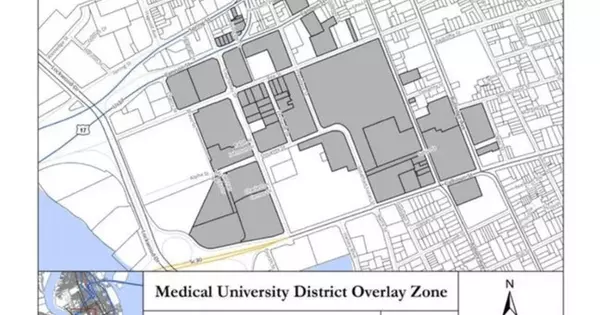

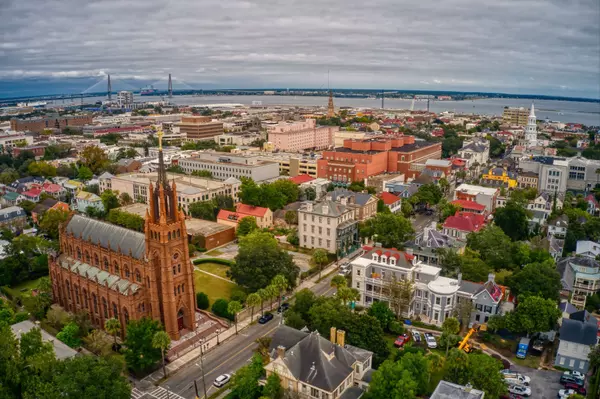
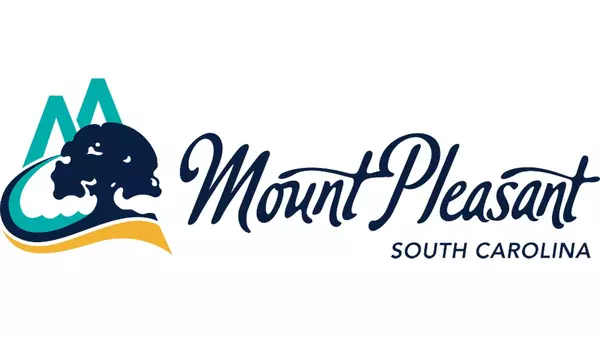

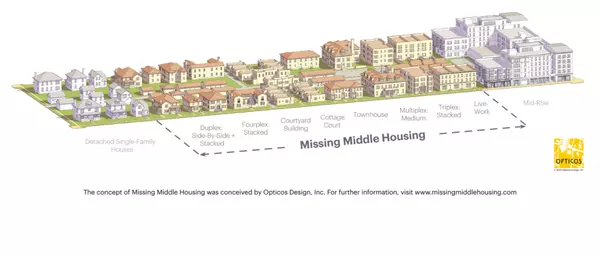

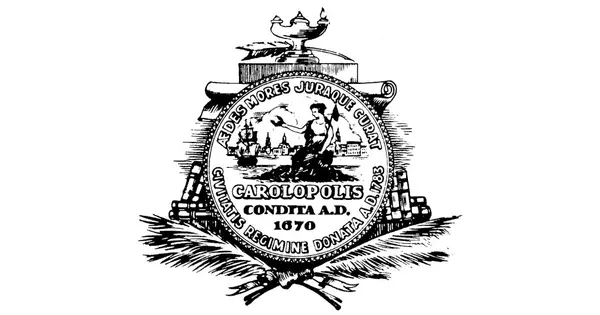

GET MORE INFORMATION

